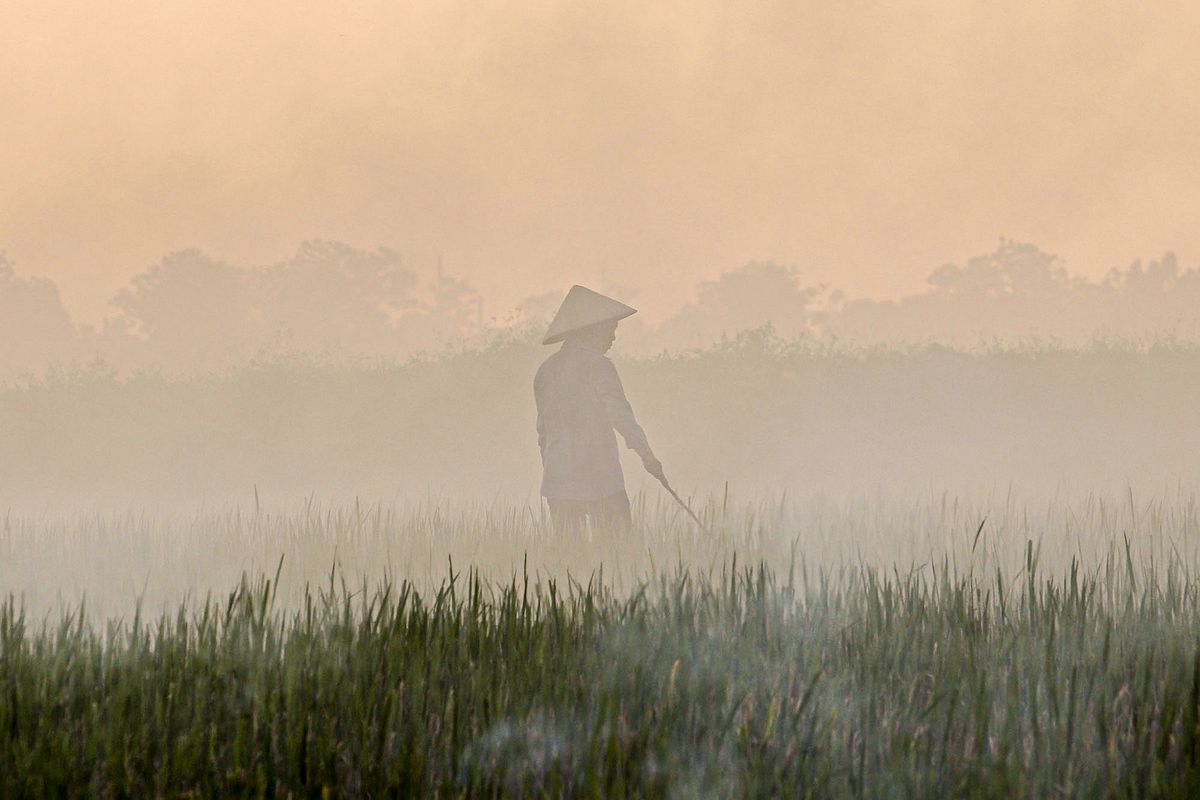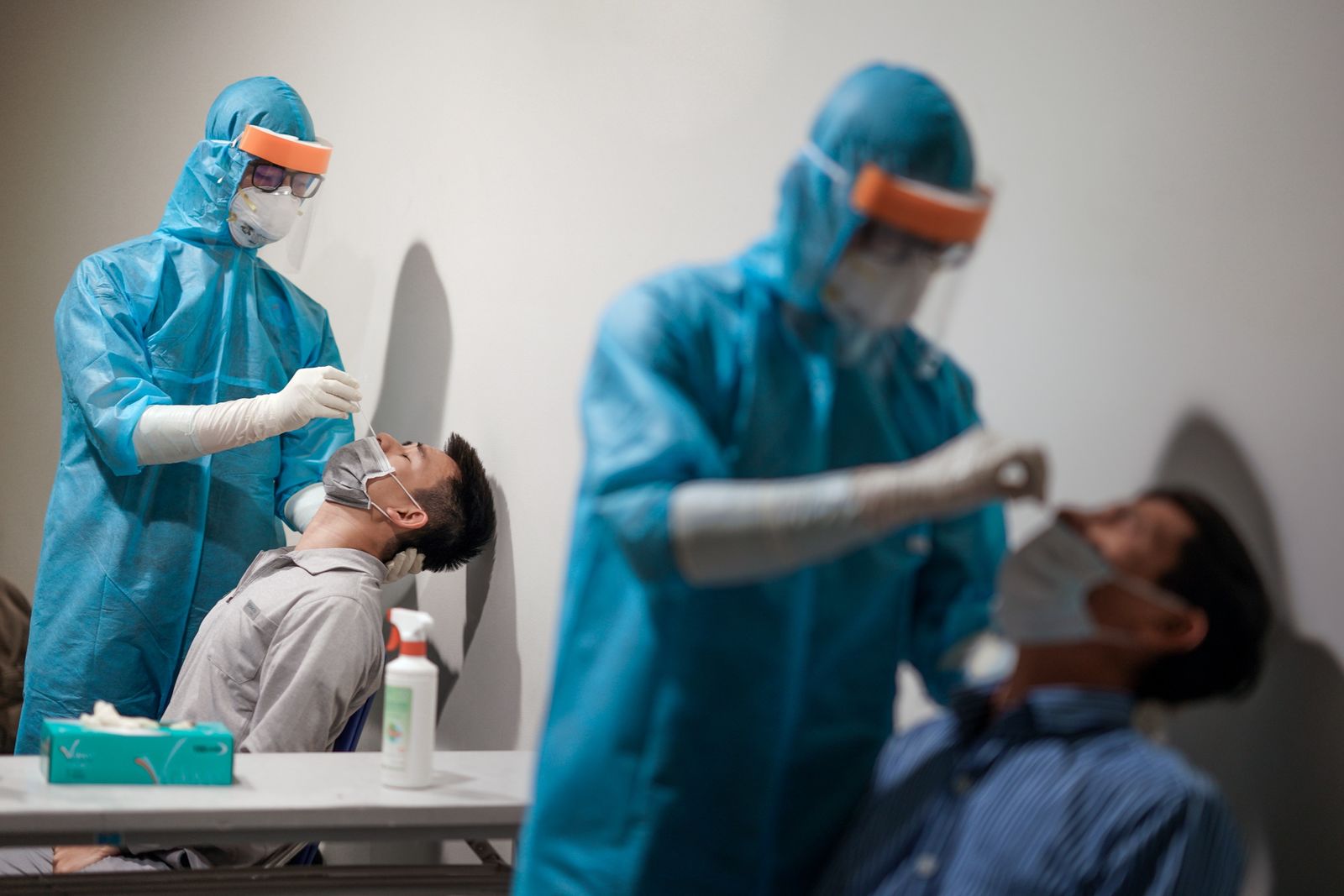The Law on Animal Husbandry includes a number of regulations aimed at creating safe animal husbandry conditions, as well as more humane treatment for animals.
According to the Vietnam Law & Legal Forum, the law will create a regulatory framework regarding domestic animal breeds, animal feed, animal husbandry conditions, the humane treatment of domestic animals, and animal product processing. This will take effect from January 1, 2020.
Perhaps most noteworthy to the average reader are the rules regarding humane animal treatment. Under the law, organizations and individuals engaged in animal husbandry must provide adequate, hygienic feed and water to their animals, while also working to prevent and treat diseases.
The legislation also bans owners from beating domestic animals, while they must render animals intended for slaughter unconscious before killing them. People also cannot allow other domestic animals to see slaughtering take place.
Tuoi Tre reports in Vietnamese that many small animal-breeding operations will struggle to meet these requirements at first. Nguyen Tri Cong, chairman of the Dong Nai Breeding Association, said: "Ho Chi Minh City leads the country in centralized slaughterhouses and a strict veterinary management system, but most pigs are still slaughtered in small slaughterhouses, while large, modern facilities are under construction or are struggling to find investment."
He went on: "Requiring pigs or chickens to be shocked and suffocated with CO2 before slaughter means that businesses must invest in electric-injecting systems or gas rooms, but current abattoirs cannot meet these conditions."
While the above-mentioned animal treatment methods may sounds grim, the news source reports that they have become common around the world as countries look to improve slaughtering methods, which have historically been brutal.
CO2 gassing is, in fact, now standard practice in the world's major pork producers, though not everyone agrees that it is humane.














